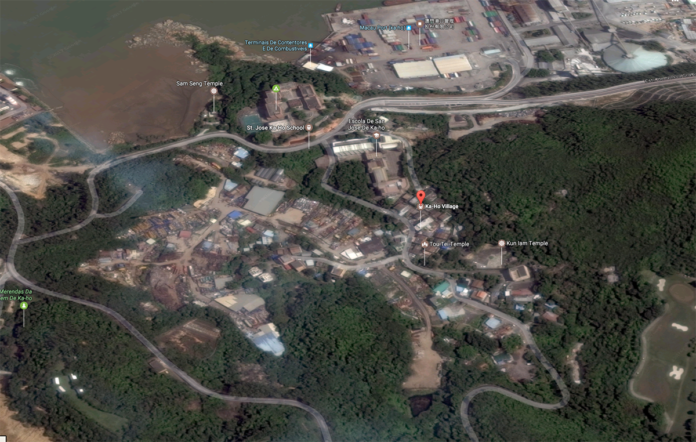The government will launch its feasibility study of developing the Ka Ho Village of Our Lady in Coloane as a cultural tourism project this year, says the Director of the Land, Public Works and Transport Bureau (DSSOPT), Li Canfeng.
In a reply to legislator Si Ka Lon’s enquiry into the preservation and development of the village, the DSSOPT Director cited the Macau Government Tourism Office as saying that the actual proposal for the tourism plan would need further evaluation based upon the recovery of the area as well as transport, auxiliary and other hardware facilities.
The Ka Ho Village of Our Lady once served as a village for leprosy patients and the village houses Our Lady of Sorrows Church – built in the 1960’s – as well as six other houses built in the 1930’s.
In fact, this plan was first proposed by Secretary for Social Affairs and Culture Alexis Tam Chon Weng when he visited the village in June of last year.
In the enquiry, the legislator, however, notes that the disputes regarding the legality of “silk paper land contracts” are restricting development of the area.
These land contracts, written on silk paper, were claimed to be issued to village residents by the government during the Qing Dynasty, with many villagers not filing any land registration with the authorities when the city was under Portuguese administration. Following the handover, the MSAR Government has not accepted the legality of these land possession contracts, mandating that no sales, leasing, development or renovation can be conducted on the plots.
‘The MSAR Government has not been able to fully resolve the disputes, which is restricting the tourism development of Ka Ho village,” the legislator wrote. “On the other hand, ageing houses related to the contracts are only allowed to be renovated or rebuilt when they cause dangers. These dilapidated houses will make it hard to attract tourists to visit.”
But the DSSOPT head reaffirmed that all the related plots are nationally owned, indicating that the MSAR Government would cautiously handle the disputes based upon the city’s new Land Law and urban planning law.
























